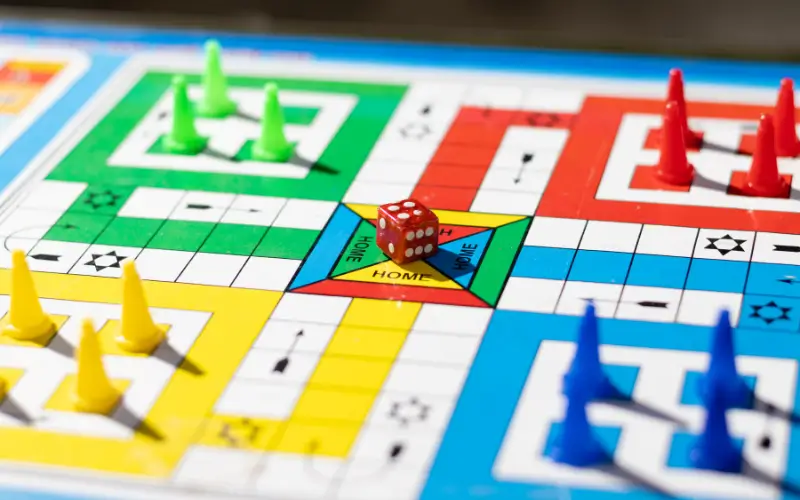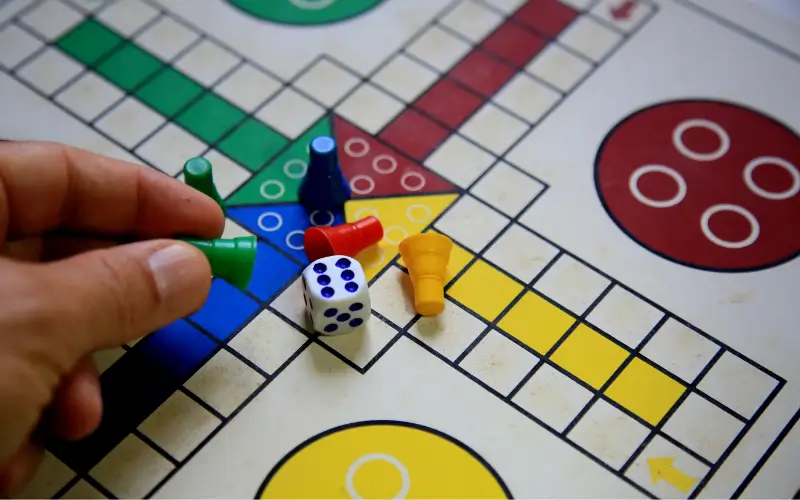
How Ludo Tournament Are Reviving a Classic Game
The resurgence of Ludo, sparked by organized tournaments, mirrors the trend of reviving classic games for modern audiences, fusing tradition with competitive play. This analysis delves into how Ludo tournaments rejuvenate the game, impacting players, communities, and the gaming industry.
The Historical Legacy of Ludo Tournament
Ludo tournament traces its origins to Pachisi, an ancient Indian board game played on a cross-shaped board. Pachisi was a royal pastime, enjoyed by emperors and nobility, and was known for its strategic depth and social significance. The game eventually evolved into Ludo, unibit which was simplified for broader appeal and became a staple in households around the world.
Key Aspects of Ludo’s Legacy:
- Simple Rules: Ludo’s basic rules moving pieces based on dice rolls and racing them to the finish—make it accessible to players of all ages.
- Strategic Depth: Despite its simplicity, the game offers strategic elements, such as positioning and blocking, that engage players and require thoughtful decision-making.
The Revival Through Tournaments

Ludo’s resurgence can be largely attributed to the organization of Ludo tournaments. These competitive events have revitalized interest in the game, miniplay attracting both new players and long-time enthusiasts.
Modern Tournament Formats:
- Diverse Structures: Ludo tournaments are organized in various formats, including knockout rounds, round-robin leagues, and Swiss systems. Each format provides a unique competitive experience and caters to different types of players.
- Local and National Events: Tournaments range from local community events to national championships, providing opportunities for players of all skill levels to participate and showcase their abilities.
Increased Accessibility and Visibility:
- Online Platforms: The advent of online gaming platforms has made Ludo more accessible than ever. Online tournaments allow players to compete from anywhere in the world, breaking down geographical barriers and increasing participation.
- Media Coverage: The rise of digital media and streaming platforms has brought Ludo tournaments into the spotlight, with live broadcasts and online content attracting viewers and enhancing the game’s visibility.
Impact on Players and Communities
The resurgence of Ludo through tournaments has had a profound impact on both players and communities, fostering a renewed appreciation for the game.
Enhanced Player Engagement:
- Skill Development: Tournaments encourage players to refine their skills and develop advanced strategies. The competitive environment motivates players to improve their gameplay and adapt to different scenarios.
- Recognition and Opportunities: Successful players gain recognition and can pursue opportunities such as sponsorships, professional play, and media appearances, further promoting the game.
Strengthened Community Bonds:
- Social Interaction: Tournaments provide a platform for players to connect, interact, and build friendships. The communal aspect of competitive play fosters a sense of belonging and shared passion for the game.
- Cultural Exchange: National and international tournaments bring together players from diverse backgrounds, promoting cultural exchange and mutual understanding through shared gameplay experiences.
Economic and Cultural Implications
Ludo tournaments also contribute to the broader economic and cultural landscape, demonstrating the game’s relevance in the modern era.
Economic Impact:
- Local Economies: Tournaments often take place in local venues, boosting local economies through increased foot traffic, spending on amenities, and promotion of regional businesses.
- Sponsorship and Investment: The popularity of Ludo tournaments has attracted sponsors and investors, leading to enhanced prize pools, better tournament infrastructure, and increased professional opportunities.
Cultural Significance:
- Reviving Traditions: By reimagining Ludo for contemporary audiences, tournaments help preserve and celebrate the game’s cultural heritage. They bridge the gap between traditional pastimes and modern entertainment.
- Changing Perceptions: Ludo tournaments have elevated the game to a respected sport, increasing its acceptance and popularity.
Challenges and Future Prospects
Despite its success, the revival of Ludo through tournaments faces certain challenges and opportunities for future growth.
Challenges:
- Maintaining Interest: Keeping players engaged over time requires innovation in tournament formats, rules, and player experiences. Ensuring that the game remains fresh and exciting is crucial for sustained success.
- Logistical Issues: Organizing large-scale tournaments involves complex logistics, including venue management, scheduling, and coordination with sponsors. Addressing these challenges is essential for smooth operations.
Future Prospects:
- Technological Integration: Technological advancements like AR and VR could enhance Ludo tournaments by creating a more immersive and interactive experience.
- Global Expansion: Expanding Ludo tournaments globally can attract diverse players, fostering international competition and collaboration in new regions and countries.
Conclusion
Ludo tournaments have played a pivotal role in reviving and modernizing a classic game, blending tradition with contemporary competitive play. These tournaments showcase Ludo’s enduring appeal by offering a structured platform for players to demonstrate skills, engaging the community, and impacting the economic and cultural landscape. tenexch As the game continues to evolve and adapt, Ludo tournaments will remain a key element in celebrating and preserving the legacy of this beloved board game.